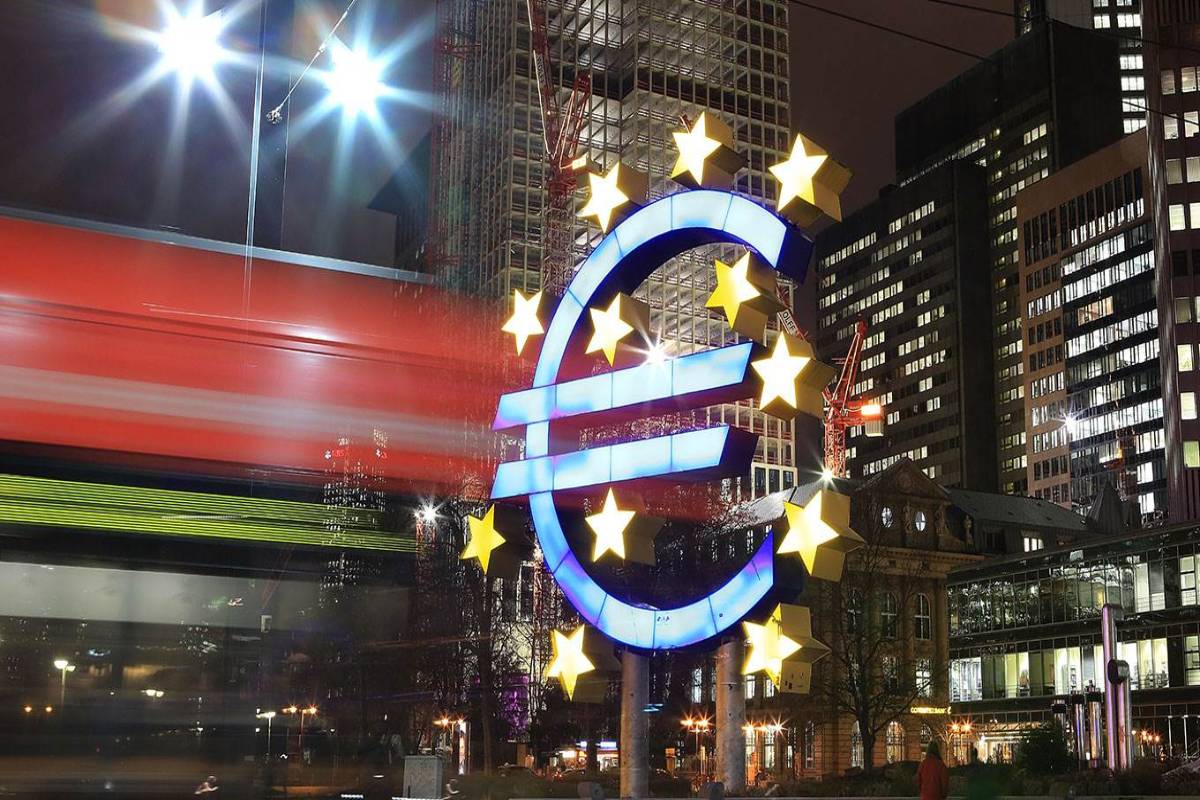This weekend, top centralbankers will convene (someby Zoom) in Jackson Hole,Kansas to discuss “MacroeconomicPolicy in an Uneven Economy. “Everyone will await eagerly whatthe capo di capo of financial capitalism,Jerome Powell, will say about theFed’s monetary policies in the wakeof global and national imbalances.Capitalism comes from the Latinword “capo”, meaning head.Central bankers carry the auraof cardinals since they managemoney mysteriously through creationof central bank reserves. Youknow how important central bankersare from the balance sheets theymanage. For nearly 25 years, the Fed’sbalance sheet was around 6 per centof GDP. It doubled to over 15 per centof GDP in 2008, and more than doubledagain to 34.6 per cent of GDP byend June 2021.The Bank of Japan (BOJ) is achampion central bank at 132 percent of GDP, with People’s Bank ofChina at 33.9 per cent and EuropeanCentral Bank (ECB) at 60.6 per cent.These four central banks aloneaccounted for $ 30.1 trillion in assetsize or 35.5 per cent of world GDP(yardeni.com). The Fed, BOJ andECB) together increased their balancesheet by six times from $ 4 trillionjust before the 2008 Lehman collapseto currently $ 24.3 trillion. Theirpurchases of sovereign debt, corporatebonds, mortgage papers andequity ETFs move markets.Small wonder everyone hangs(literally for hedge funds) on thewords of central bankers.Last year, Powell’s keynote atJackson Hole laid out the FederalOpen Market Committee’s (FOMC)new statement on Longer-Run Goalsand Monetary Policy Strategy. I havehighlighted four fundamental developments:US longer-run growthpotential had declined; level of interestrates had fallen to historical lows;unemployment rates were well belowsustainable levels; and despite lowunemployment, inflation remainedlow and below the FOMC target of 2per cent set in 2012.Central bank speeches should beread not for what has been said, butwhat is not said. Former Fed ChairmanAlan Greenspan, worshiped byWall Street for bailing them out bylowering interest rates, famously said”I know you think you understandwhat you thought I said but I’m notquite sure you realize that what youheard is not what I meant. “Powell’s 2020 address was revealingbecause the words, “wealth”, “climatechange ”,“ race ”, were not mentionedat all in his speech of him. “Inequality”appeared once in a footnote referenceto an academic paper. Most of hisspeech lamented the fact that the Fedcouldn’t seem to get inflation up to thetarget of 2 per cent per annum, despitetight job markets. He was comfortablethat “a longer-run inflation rate of 2 percentis most consistent with our mandateto promote both maximumemployment and price stability. “How is it possible that centralbankers who expanded their balancesheets by $ 9 trillion since March 2020deny their impact on climate change,low productivity, wealth and incomeinequality? Their standard answer isthat these are outside their mandateof maintaining price and financialstability. The unspoken reason is thefear that if they wander outside theirmandates, politicians will blamethem for everything and take awaytheir hard-won independence.Here’s why we cannot disentanglemonetary policy from climate change,low productivity and social inequality.First, all markets are pricedbased on the price of money, namelythe interest rate. We use the DiscountedCash Flow (DCF) model forvaluation by discounting all futurecash flows to its present value. Thelower the interest rate, the higher thevalue of the asset. But when the discountrate is zero or negative, thevalue becomes infinity or indeterminate,which is exactly why we seebubbly asset markets everywhere.Second, low interest rates andhigh liquidity reduces productivity. Noone in their right mind would investin the uncertain long-term future(investing in infrastructure or dealingwith climate change) because it is somuch better to speculate on assetbubbles. Speculators know that centralbanks would keep markets stable,ergo underwrite market shocks. Toomuch short-term liquidity creates theliquidity trap identified by Keynesduring the 1930s Great Depression.You are trapped because investorsstay liquid, rather than invest in longtermproductivity-creating jobs andcapital. Few are allocating capital todeal with climate change, even at verylow interest rates.Third, both wealth and incomeinequality worsen with lower interestrates. The rich can borrow cheaplybecause they have collateral,whereas the poor pay much higherinterest rates because of higher creditrisks. But asset inflation creates thegreater wealth inequality becausebubbles enable the rich to get richer,whereas the poor cannot afford evenbasic housing. Could stock andbonds markets be at record heightswhen world growth is negative duringthe pandemic, without $ 9 trillionof monetary and fiscal stimulus?Fourth, carbon emissions comefrom excess human consumption,which is on
Advertisement











